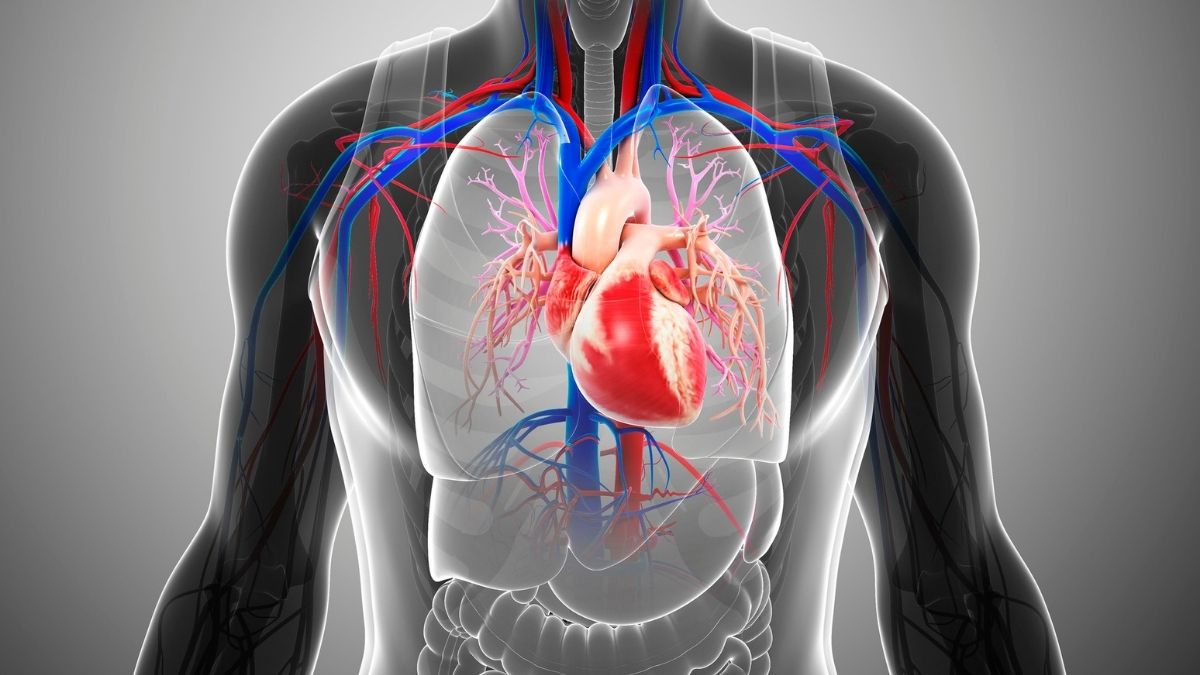
Keeping your cardiovascular system healthy includes monitoring your blood pressure. While diet, exercise, and lifestyle choices play significant roles, research suggests that certain nutrients may also contribute. Taurine, a naturally occurring amino acid, has been gaining attention for its potential to support heart health, particularly blood pressure regulation.
As interest in natural ways to maintain cardiovascular health grows, could taurine be a key player in reducing hypertension? Here’s what science says about taurine and its benefits for blood pressure.
Understanding Taurine and Its Role in the Body
Taurine is a unique amino acid that differs from protein-building amino acids. Instead of being used for muscle growth, taurine serves a vital role in various physiological functions, including:
- Regulating fluid balance – Helps maintain electrolyte balance within cells.
- Supporting heart function – Assists in the contraction of heart muscles, promoting efficient blood circulation.
- Acting as an antioxidant – Protects cells from oxidative damage, which can contribute to heart disease.
- Modulating the nervous system – Influences neurotransmitter activity, which can impact stress levels and blood pressure.
Taurine is naturally found in many animal-based foods, and the body also produces small amounts of it. However, supplementation may provide additional benefits, particularly for those with specific health concerns.
The Link Between Taurine and Blood Pressure
Recent studies suggest that taurine supplementation may help lower blood pressure by:
- Relaxing blood vessels – Taurine promotes nitric oxide production. This compound widens blood vessels, improves circulation and reduces pressure on arterial walls.
- Reducing sympathetic nervous system activity – High stress and overactivation of the sympathetic nervous system may elevate blood pressure. Taurine has been shown to help modulate this response, promoting relaxation.
- Lowering inflammation and oxidative stress – Chronic inflammation damages blood vessels and increases hypertension risk. Taurine’s antioxidant properties help combat these effects.
- Supporting kidney function – Healthy kidneys help regulate blood pressure by balancing sodium and fluid levels. Taurine may improve kidney function, contributing to better blood pressure control.
Scientific Evidence Supporting Taurine for Blood Pressure
A review of 20 clinical trials examining taurine’s effects on cardiovascular health found promising results:
- Reduction in resting heart rate – Participants experienced an average decrease of 3.6 beats per minute.
- Lower systolic and diastolic blood pressure – Taking taurine supplements significantly improved blood pressure readings.
- Improved heart function – Left ventricular efficiency, a key indicator of heart health, showed noticeable enhancement.
While more research is needed to determine optimal dosages and long-term effects, these findings suggest that taurine could be a valuable addition to heart health management.
Natural Sources of Taurine
Taurine is abundant in many animal-based foods, making it easy to obtain through a balanced diet. The best sources include:
- Seafood – Shellfish, scallops, and tuna contain high amounts of taurine.
- Meat and Poultry – Dark meat chicken and turkey, beef, and lamb provide significant taurine levels.
- Dairy Products – Milk, yoghurt, and cheese contain moderate amounts of taurine.
- Eggs – A convenient source of taurine along with other essential nutrients.
For those following a vegetarian or vegan diet, taurine intake may be lower, making supplementation an option for ensuring adequate levels.
Taurine Supplementation: How Much Is Beneficial?
Studies investigating taurine’s effects on blood pressure have used dosages that range between 1.5 and 6 grams per day. While taurine is generally considered safe with minimal reported side effects, it’s always best to consult a healthcare provider before starting supplementation.
Those with existing heart conditions or those taking medications for blood pressure should discuss taurine with their doctor to ensure it does not interfere with prescribed treatments.
Other Benefits of Taurine
Beyond its effects on blood pressure, taurine has been linked to several other health benefits:
- Supports eye health – Helps maintain proper retinal function, reducing the risk of vision loss with age.
- Aids in blood sugar regulation – This may improve insulin sensitivity, making it beneficial for those at risk of diabetes.
- Promotes muscle function – Assists in muscle recovery and reduces exercise-induced fatigue.
- Enhances cognitive function – Taurine’s neuroprotective properties may help with brain ageing and cognitive decline.
With such a wide range of benefits, taurine may play a broader role in overall wellness beyond cardiovascular health.
Is Taurine Right for You?
While taurine is naturally present in many diets, supplementation could benefit those looking to support heart health, especially in managing blood pressure. However, it can never replace traditional medical treatments. Instead, taurine can be incorporated as part of a well-rounded approach to cardiovascular wellness, including:
- Keeping a balanced diet that’s rich in whole foods.
- Staying physically active with regular exercise.
- Managing stress through relaxation techniques.
- Getting enough sleep to support cardiovascular function.
Starting with a moderate dose under medical guidance is the safest approach for those interested in exploring taurine supplementation.
FAQs
Can taurine lower blood pressure on its own?
Taurine may help support blood pressure regulation but should be used alongside a healthy lifestyle and medical treatment if necessary. It is not a standalone cure for hypertension.
Is taurine safe for everyone?
Taurine is generally well tolerated, but those with health issues like kidney or liver disease should consult a doctor before supplementing.
How long does it take to see results from taurine supplementation?
Studies have shown improvements in blood pressure and heart function within a few weeks of regular taurine supplementation, but individual results may vary.

 Log in with Facebook
Log in with Facebook 





